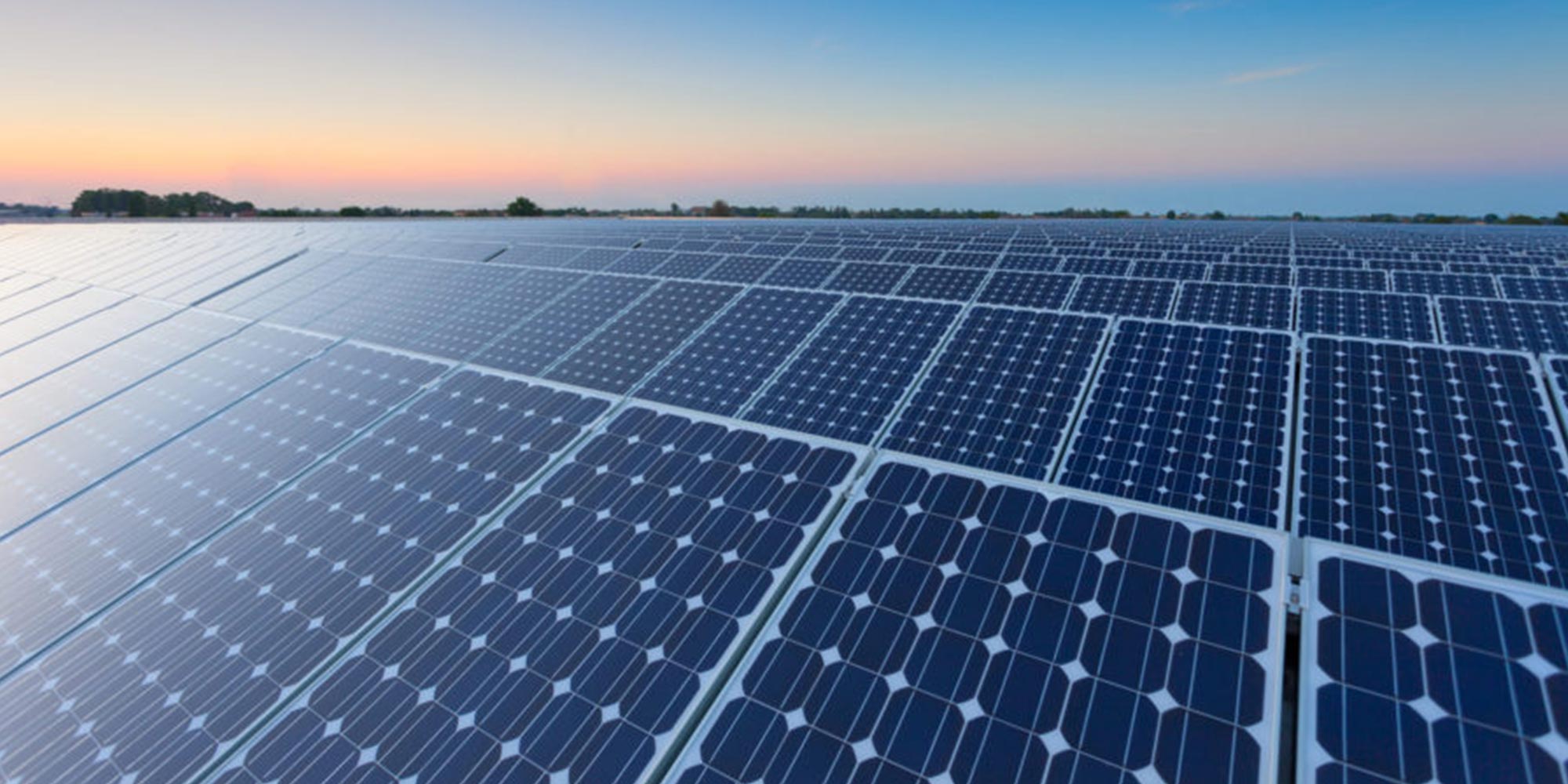Introduction:
In the pursuit of maximizing solar energy capture and efficiency, researchers and engineers have turned to nanotechnology to revolutionize solar panel technology. One of the most promising advancements in this field is solar panel nano coating—a thin layer of nanostructured materials applied to solar panels to enhance their performance and durability. In this comprehensive guide, we delve into the intricacies of solar panel nano coating, exploring its benefits, applications, and the transformative potential it holds for the solar energy industry.
Understanding Solar Panel Nano Coating:
Solar panel nano coating involves the application of nanostructured materials, such as nanoparticles or nanocomposites, onto the surface of solar photovoltaic (PV) modules. These nano coatings are engineered to improve various aspects of solar panel performance, including light absorption, reflection reduction, self-cleaning properties, and resistance to environmental degradation. By leveraging the unique properties of nanomaterials, solar panel nano coatings enhance energy conversion efficiency and prolong the lifespan of solar panels.

Benefits of Solar Panel Nano Coating:
- Enhanced Light Absorption: Nano coatings optimize the absorption of sunlight across a broader spectrum of wavelengths, maximizing the conversion of solar energy into electricity.
- Reduced Reflection Losses: By minimizing surface reflections, nano coatings ensure that more sunlight penetrates the solar panel and is utilized for energy generation, rather than being lost.
- Self-Cleaning Properties: Some nano coatings possess self-cleaning properties, repelling dust, dirt, and other contaminants from the surface of solar panels, thereby maintaining optimal performance and reducing maintenance requirements.
- Improved Durability: Nano coatings provide an additional protective layer to solar panels, shielding them from environmental factors such as moisture, UV radiation, and corrosion, thereby extending their lifespan and reliability.
- Increased Efficiency: Overall, the application of solar panel nano coatings results in increased energy conversion efficiency, allowing solar panels to generate more electricity with the same amount of sunlight exposure.
Applications of Solar Panel Nano Coating:
- Residential Solar Installations: Nano coatings can be applied to residential solar panels to enhance their performance and efficiency, allowing homeowners to maximize their energy savings and return on investment.
- Commercial and Industrial Solar Projects: Large-scale solar installations, such as solar farms and commercial rooftop systems, can benefit from nano coatings to optimize energy production and reduce operational costs.
- Portable and Off-Grid Solar Solutions: Nano-coated solar panels are ideal for portable and off-grid applications, such as camping, hiking, and remote power generation, where maximizing energy efficiency and durability are essential.
Future Directions and Innovations:
- Advanced Nanomaterials: Ongoing research focuses on developing novel nanomaterials with tailored properties specifically optimized for solar panel applications, such as quantum dots, perovskite nanoparticles, and carbon-based nanomaterials.
- Multifunctional Coatings: Future nano coatings may incorporate multifunctional properties, such as enhanced light trapping, self-healing capabilities, and anti-soiling properties, to further improve solar panel performance and reliability.
- Scalable Manufacturing Processes: Innovations in scalable manufacturing techniques for nano coatings will facilitate their widespread adoption in the solar industry, ensuring cost-effectiveness and accessibility.